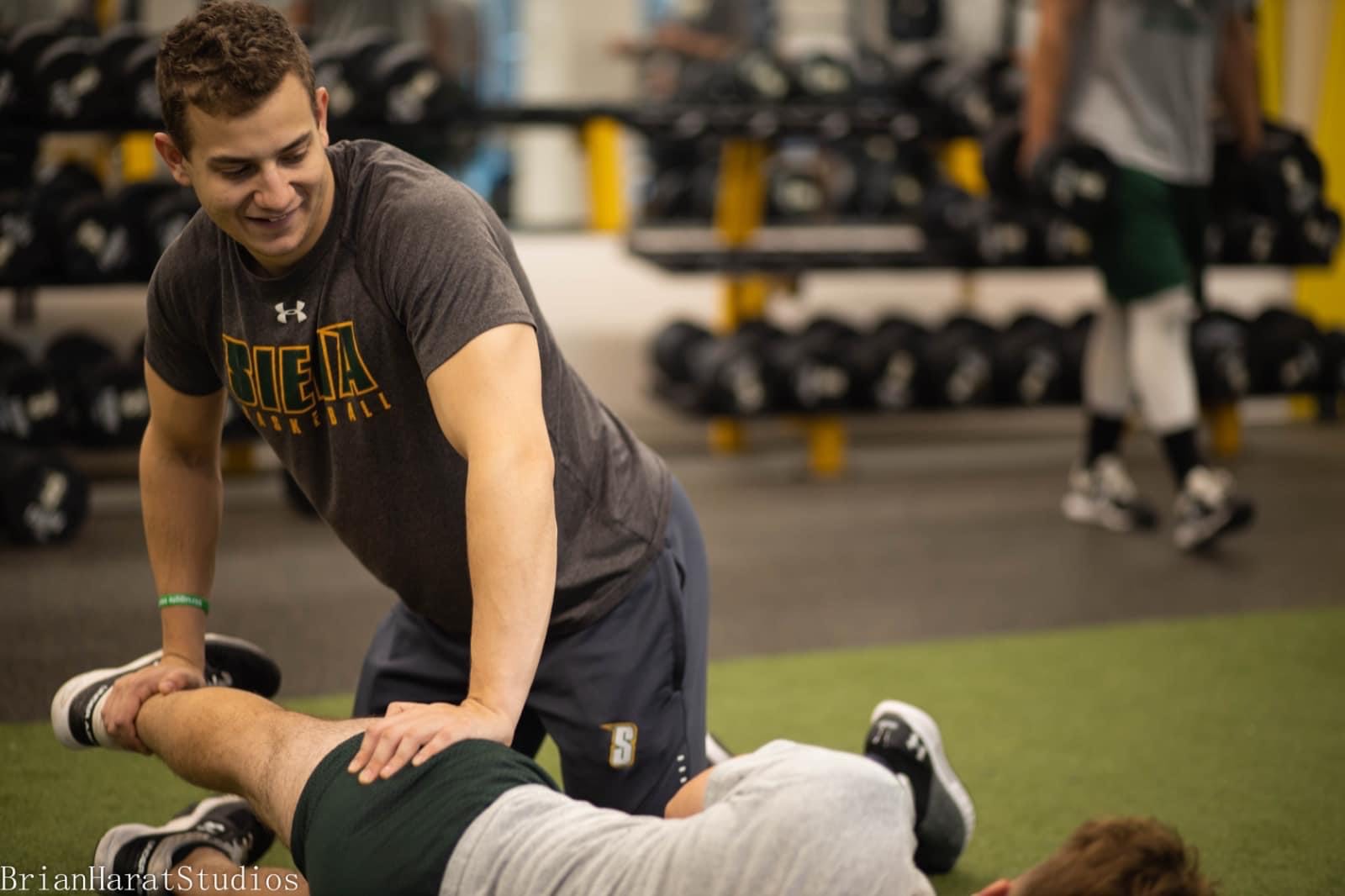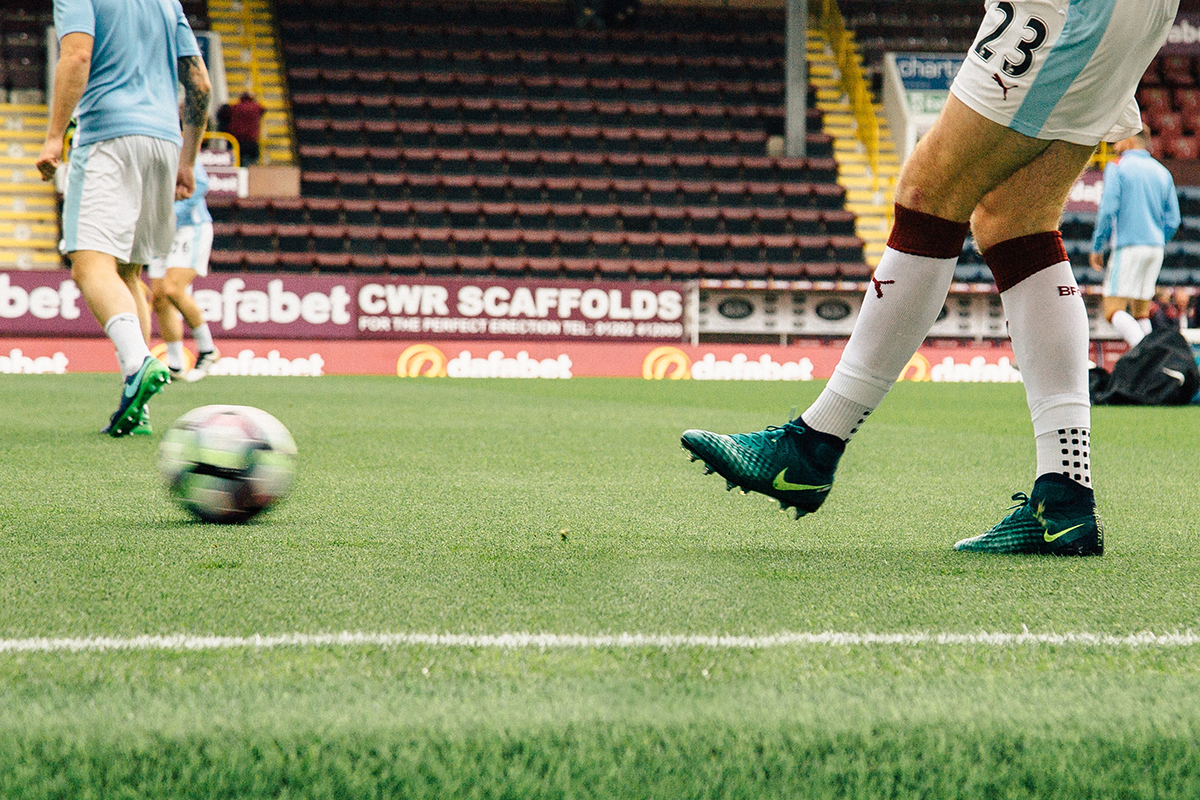Tom Smalley: Struggle Is Not Weakness
by Tom Smalley
Shame was a consistent feeling I had regarding my mental health disorder growing up. After all, I was diagnosed at age 16 because I hid it from my friends and family for so long. The shame never came from my loved ones. The shame came from the society around me that had developed a stigmatic perspective of mental illness. The shame came from being called an “insane asylum patient” and being told to “take my crazy pills” by adults I thought I trusted.
Between therapy and medication, treatment for OCD helped me cope with the mental disorder.
What it couldn’t do was cure the internal pain I felt from being ashamed of who I was and the struggles I deal with on a daily basis. The outlet for that pain, for me, was being in a weight room. Anytime I stepped inside the weight room, it felt like a place I could be myself. It was a protective bubble that only entailed grit and hard work. There were no expectations of being perfect, or hiding your internal struggles. It was about you, and the goals you were working towards or the weight that you were pushing.

Walking up to the loaded barbell on the platform ready to lift it off the ground, my mind slows down from the constant intrusive thoughts that instill intense fear and panic in me. No, lifting doesn’t cure OCD. Nothing cures a chronic mental health disorder. However, attacking each day of training always improved my confidence and belief in myself. Getting stronger is not something that happens overnight. It is a process of consistently showing up and putting in the work. Consistently embracing the struggle, and trying to push past it even if you come up short. Showing yourself that struggle does not make you weak.
One of the many special aspects of the weight room is the carryover it has into outside life. The majority of the athletes I have been around who held themselves to high standards in the weight room, carried those same standards outside the weight room as well.
However, there is a strong stigma in athletics around being “tough. The “macho man” culture is overbearing, and it does not help anybody. “Macho man” is not about how much energy you have, or how much you can bench press. It is about not allowing people to show vulnerability. I have heard the phrase “you’re not mentally tough enough” far too often when an athlete shows mental health struggles they are dealing with.
In reality, showing vulnerability can be our greatest strength. Pushing athletes to bottle up emotions and internal struggles is not what they need. They need the space to be themselves, and be accepted. No matter what they are struggling with. As a coach, I have tons of energy every time I am on the floor coaching. However, that doesn’t stop me from making sure the athletes I am working with understand they don’t have to act a certain way or feel pressure to be “tough” 24/7. My goal as a strength and conditioning coach is to teach the athletes I work with the same things the weight room taught me. The embracing of struggle and pushing themselves past obstacles, all while not being afraid to fail. The ability to set high standards and expectations, but also understand that they are allowed to be vulnerable as well.
It won’t be an easy mission to complete. It will take all of us. Sport coaches, strength and conditioning coaches, athletes, administration, and athletic trainers, just to name a few. Sports should not be a place where athletes have to hide their internal battles. It is time to break down the barrier of stigma once and for all. Let’s show them that struggle is not weakness, and that hard work is undefeated.



